Press Release
Baiting Drones Condemned as Indiscriminate "Death-Drops"
19 September 2019: Plans to use military-grade technology to thermally track, target and aerially kill iconic Australian dingoes using a restricted chemical have been condemned by the Coalition Against 1080 Poison, an alliance of organisations dedicated to banning 1080 across the country.
The group maintains that the outlandish plans to employ military-grade drone technology in the war against the iconic Australian dingo by disgruntled primary producers expose a knee-jerk dependency on lethal techniques. Despite the availability of humane and effective control alternatives, including the use of guardian animals to protect vulnerable livestock, funding and research continues to be doled out to deadly methods instead.
It simply beggars belief that there are such extremely expensive and ultimately ineffective experiments like this going on when it’s clear that lethal methods like these are not only cruel, they simply do not work.
The singular motivation here is wiping out any threat to primary producers’ profit. It’s just not a good enough excuse anymore, especially when there are other far more humane and effective options available. Clearly, none of this matters much when overgrown kids get an idea to develop and play with new toys.
Alex Vince, Coalition campaign director.
The chemical commonly known as 1080 was initially developed during wartime as a pesticide. Since then, most countries have outlawed its use based on its potency and potential to harm human health, the environment, and other animals, including native species and working dogs. Several accounts of accidental human deaths or suicides due to deliberate ingestion have been recorded since its development. There is no known antidote. Coma and death arrives in waves, up to 72 hours after initial ingestion. During this time, the victim experiences protracted suffering.
This is a scorched earth approach to a problem of our own creation. The big idea here looks more like a bad B-grade science fiction film than real-life. Because who in their right mind thinks it’s a good idea to drop such an indiscriminately deadly chemical out of unmanned machines? It’s utter madness.
Dingoes are our apex predator; they serve a very important purpose in our ecosystem – sheep do not.
Yet, somehow, there always appears to be ample funding for fatal methods – particularly those that involve toxins like 1080 poison. We know that other methods work, why must we keep falling back on the easy and cowardly answer?
Several recent cases of livestock guardian animals (“LGAs”) dying after ingesting 1080 baits intended for “wild dogs” has left landholders and the public astounded. Proponents of the poison frequently refer to “wild dogs” instead of dingoes, thereby massaging the message and making their killing more palatable to the average Australian. The species, though scientifically recognised as a true-blue Aussie icon and a genus unto itself, has been subjected to extensive poisoning campaigns since marauding Europeans arrived on Australian land in the 18th century.
The Coalition Against 1080 Poison is leading a campaign to ban 1080 across the country. As a network of dedicated organisations, individuals, and community groups, the Coalition’s stance is that poisons are indiscriminate, inhumane, and unacceptable.
Last year, then-Senator Derryn Hinch tabled a phase-out of 1080 after receiving a petition sponsored by the Coalition and signed by close to 40,000 gobsmacked Australians.
The Coalition currently has an active petition asking the regulatory authority to conduct an urgent and transparent review of 1080 poison across the country.
Update
This article based on this press release was published by New Matilda. Read the original article here.

